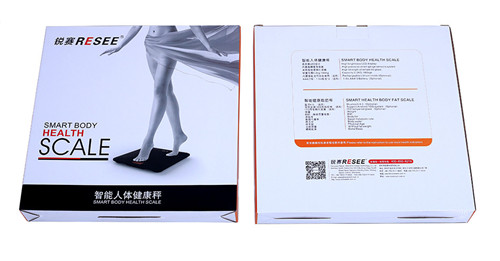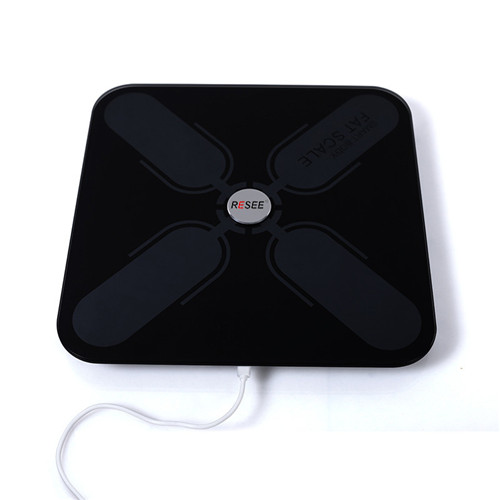As we all know, using body fat scales for shaping "I know that the techniques used to measure body weight depend on current/pulse, but how accurate they are and whether water/food in the stomach causes it to be just an electric current, so picking it up is like being fat? Assessing the ability of body fat scale to measure body fat is complex, and the results are not obvious: no body fat scale is very accurate. We know that because we used a measure called body fat scale at Saint Heart University in Fairfield, Connecticut, to get the baseline reading.
Is the body fat measurement on the body fat scale accurate?
Six volunteers - three men and three women, some heavier, some slimmer, climbed into body fat. Egg fat weighing determines body fat by accurately recording the changes in pressure produced when the body is sealed into a closed chamber. Research shows that this method is as accurate as other gold standards in body fat weighing, measuring how much water a body replaces when it is immersed in a tank filled with water, but body fat weighing is faster and easier to perform.
The body fat we tested is called measuring body fat with an electric current, which passes through your body when you step barefoot into the metal pad of the device. That tiny current - too low to feel or cause any harm, from one leg through your pelvis, from the other leg down.
Resistance currently encountered during travel depends on the proportion of fat to muscle tissue. Based on this, the scale uses built-in formulas to estimate the percentage of body weight from fat.

Body fat ratio
Body fat claims that for some of our subjects, weight exaggerates their body fat; for others, the scale underestimates it. The proportion of body fat closest to the body fat scale was still as high as 21%, while the number of the worst performers decreased by 34%. But at least they are consistent, so you can track relative gains and losses using scales that score higher in body fat repeatability.
How the device goes wrong may depend in part on the shape of the body. Because electricity flows only through your legs, if your abdomen is large but your legs are thin, scales may underestimate body fat, and if your hips and thighs bear more weight, they overestimate it.
The results may vary depending on whether your feet are wet or dry. According to instructions, they should be dry, whether you exercise recently, and how much water you drink. If you have an artificial hip or knee, the device will not work properly because the artificial material will interfere with the current, they are far from accurate. Fat distribution varies greatly. I look forward to a more robust integration of body fat caliper measurements of the limbs to help paint a better picture.

Much like body fat, BMI is still not suitable for neglecting heavier muscle mass and fat. The doctor kept telling me that I was overweight on the BMI. Her recommended target weight I hadn't seen before in college was body fat. When I increased my body fat by 10% during exercise, I thought they were accurate. Can it show different percentages for different people? Should some scales use infrared waves correctly?
I'm not sure. But I think it's almost an accurate digital body fat scale. More or less it should be in that range, because sometimes I measure it twice and the numbers are different. This scale has been tried for some time before. Whatever the accuracy of the body fat scale, I think it can still measure the different things we are measuring: body fat, BMI, calorie intake, etc. At least we know our sub-measurements of body weight and body fat. Perhaps not for the literal meaning of the number display, but for more basic understanding of our position in the current statistical data on body fat.

Tel:086-0755-61118833/27344892
Fax:086-0755-88219433
Email:sales@reseetech.com
URL:www.reseetech.com.cn、www.reseetech.com
Address:North District,the NO.3 Building, Dapu South Road, Haoer Gangtou Industy Zone, Shajing, Baoan District, Shenzhen
